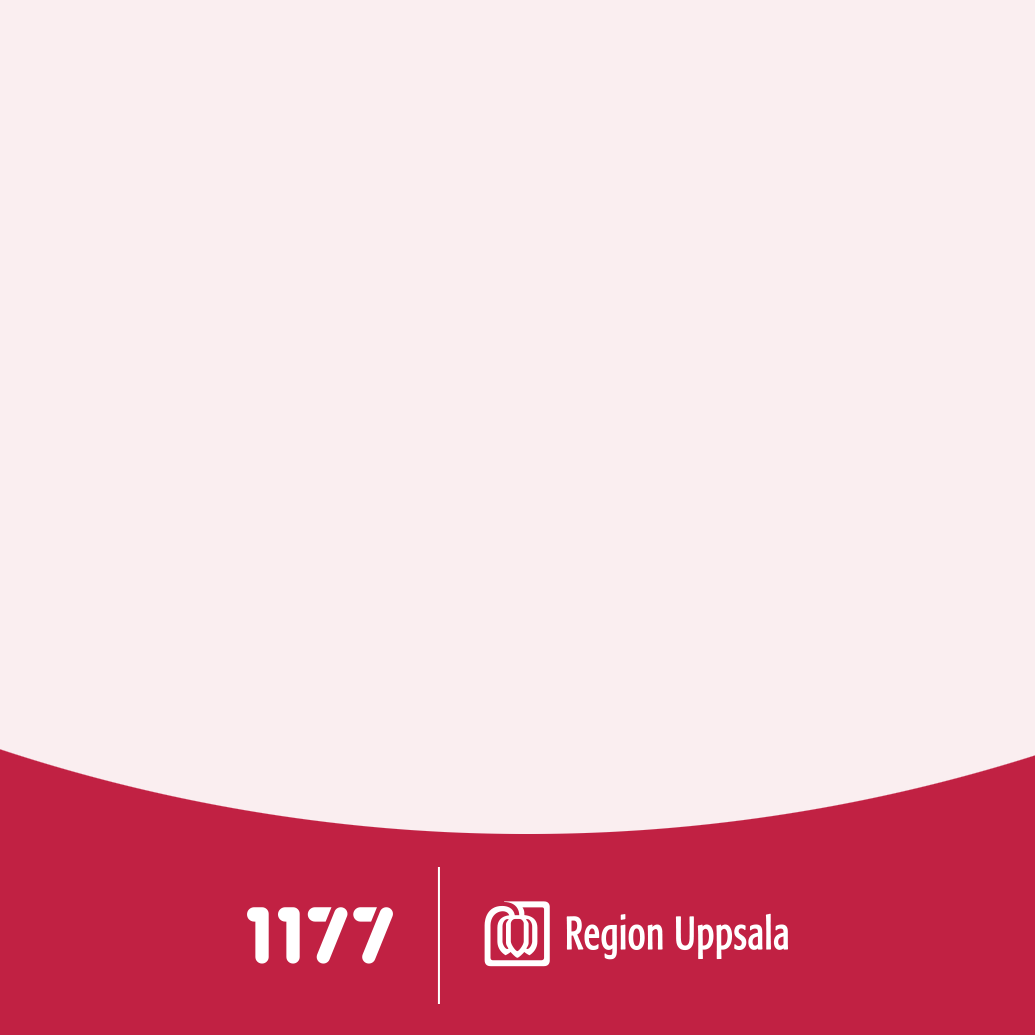Breakfast at IKEA
I think I picked up more than the odd ear-infection as a child playing in the Vancouver IKEA ball-room. We visited the store often; my parents liked the nice-looking, inexpensive furniture and my sister and I loved swimming through the sea of plastic balls. And the paper bag lunches for kids which each came with a huge round sticker featuring—what else?—a stylized moose. I associated good feelings with the store, even if later, when the year-old furniture (prematurely yellowing and cursed with self-loosening screws) caused my dad to mutter “Typical IKEA...” on a regular basis and go digging through his tool box for the insexnyckel.
I still enjoy going to the store, like billions of others around the globe. When I began buying my own furniture as a university student, the place gave me a feeling of possibility. It’s a bit like that scene in the film “Breakfast at Tiffany’s” when the Holly Golightly character explains how the famous jewelry store calms her, “...nothing very bad could happen to you there,” she says. The feeling is probably just a result of my consumerist anxieties being allayed; but if I’m a little less cynical, I’d say it’s been comforting to have a place where I—where everyone—could manage to buy the basics. As an undergrad in Montreal I could afford to replace one of my oversized, table-clothed cardboard boxes with a kitchen table. I slept like a princess on the floor atop the ‘deluxe’ futon mattress I’d hauled out of the “As is” (Fynd) department of the store. I could even hang curtains in my bedroom window to frustrate the peeping-Tom in the building across the street.
But I’m not quite ready to romanticize the relative squalor of my pre-Sweden university days yet. The anxiety caused by my shoe-string living is still a stressful memory. Despite several years in the relative ‘safety’ of the Swedish education and welfare system, I still find it difficult to resist hamstering “Fynd” and sale items, and bulk-packs of tea-lights. Am I equating IKEA the multi-national with socialist Sweden? Not metaphorically—this would be problematic in too many ways to mention. But the two are somehow connected in a crab-like, sideways-moving manner in my mind as places that have enabled me to have a better standard of living.
Canadian higher-education is still not affordable or accessible to everyone—especially not at the graduate level (ten years of loans for living expenses and partial-tuition) or for the pricier schools like Medicine or Law. Sweden offers a more compassionate situation for students; it’s not a place where the government loans agency informs you that your ‘intended need’ of funds will exceed what they are prepared to loan you by 9000 per year (not including that pesky antacid-dependency you’ve pick up). It is a place of second (and sixth) chances, where a bad mark on one final exam doesn’t mean you’ve effectively limited your future possibilities.
There are times when I’m critical of my adopted country; usually when I feel like I don’t fit in. Times when I go intellectually rummaging after an insexnyckel of my own—to fix the ‘wobbly furniture’ I think I find in my foreign home. But it’s always sobering to remember that Sweden has indeed been a safe place that’s helped me when I’ve been in need—a place which really has offered me new possibilities, and where it feels like nbsp; “nothing very bad” could happen to me.















